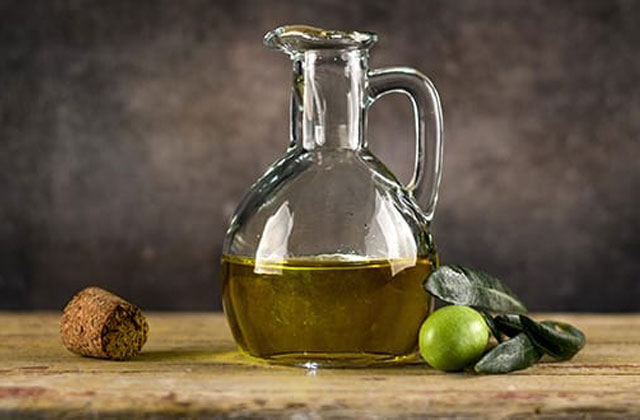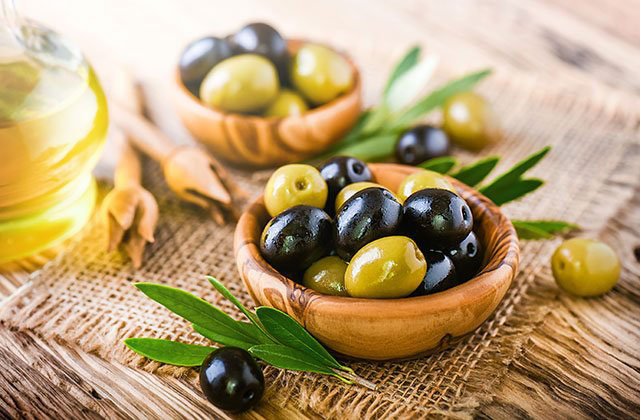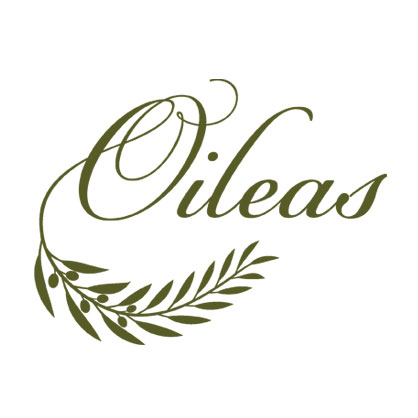Η ελιά είναι γνωστή από τα αρχαιότατα χρόνια. Στην ελληνική
μυθολογία αναφέρεται ως ελληνικό δέντρο, θεϊκής καταγωγής με πατρίδα της την
Αθήνα.
Κανένα άλλο δέντρο δεν ταυτίστηκε με κάποια περιοχή, όσο η
ελιά με τη Μεσόγειο. Τη συναντούμε παντού. Δεν είναι λοιπόν καθόλου τυχαίο που
ο ιστορικός της Μεσογείου Φ. Μπροντέλ μιλά για τη Μεσόγειο ταυτίζοντας τα όριά
της με τα όρια καλλιέργειας της ελιάς. Η Μεσόγειος αρχίζει από εκεί που
φυτρώνουν οι πρώτες ελιές στο Βορρά και τελειώνει εκεί που αρχίζουν να
εμφανίζονται τα πρώτα δάση με φοίνικες στην αφρικανική ήπειρο.
Τα ελαιόδεντρα καλλιεργούνται στην Ελλάδα από την
αρχαιότητα. Για τους αρχαίους Έλληνες, η ελιά αντιπροσώπευε, ανάμεσα σε άλλα
πράγματα, την ειρήνη εξαιτίας της ηρεμίας της και οι Έλληνες εκτιμούσαν αυτό το
δένδρο τόσο πολύ που οι νικητές των αρχαίων Ολυμπιακών αγώνων βραβεύονταν με
ένα στεφάνι αγριελιάς.
Σήμερα το ελαιόδεντρο αποτελεί την πιο εκτεταμένη
καλλιέργεια στη χώρα. Η Ελλάδα παράγει περίπου 400.000 τόνους ελαιόλαδου ετησίως
και είναι η τρίτη μεγαλύτερη ελαιοπαραγωγός χώρα σε όλο τον κόσμο. Οι συνθήκες
καλλιέργειας και οι μέθοδοι παραγωγής ελαιόλαδου δεν έχουν αλλάξει πολύ με την
πάροδο του χρόνου. Το 75% της ελληνικής παραγωγής είναι εξαίρετης ποιότητας και
μπορεί να αποτελέσει τροφή χωρίς καμιά επεξεργασία. Το παρθένο ελληνικό
ελαιόλαδο είναι ένα φυσικό προϊόν, με γεμάτη γεύση, ευχάριστο άρωμα και πολλές
θρεπτικές ιδιότητες.













